Our waste reduction efforts
Watch to find out more about our waste reduction efforts and how they will help us achieve our sustainability targets.
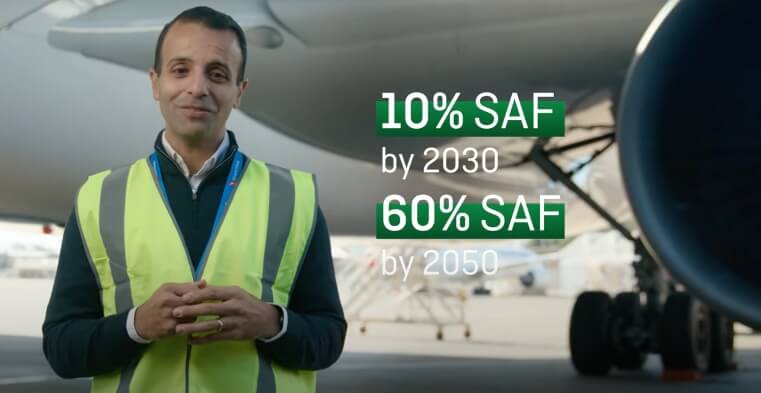


The Qantas Group has a long-standing commitment to sustainability and corporate responsibility. Qantas was one of the first airlines in the world to announce our commitment to achieving net zero emissions by 2050 and capping our net emissions at 2019 levels.
Our sustainability focus is based on three key principles - valuing the planet, enabling our people, and connecting our customers and communities.
We encourage all employees to get involved with sustainability, either directly through their role or through our Employee Resource Group, ReGenerate, which is dedicated to environmental sustainability. A key feature of the resource group is our 'Ideas Platform,' where employees can submit suggestions on ways to help us meet our Climate Action Plan (CAP) targets and reduce our environmental impact.
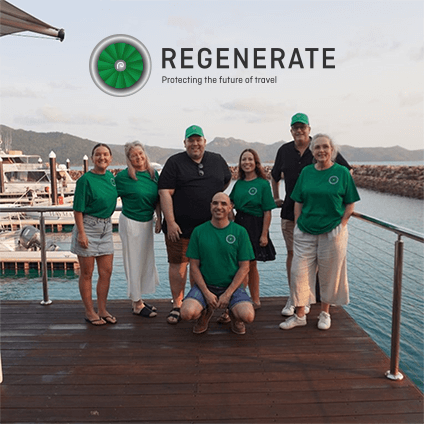


Amber Pascoe, Customer Services Agent Airports
Travel isn’t just for today. We want future generations to experience the wonder of travel.
To do this, we need to help make air travel more sustainable.
That’s why we’re committed to reducing our carbon emissions by 25 per cent by 2030 and achieving net zero emissions by 2050. But we can’t get there alone. To reach our goals we need to work together.
By investing in more sustainable aircraft, supporting a sustainable aviation fuel industry in Australia, minimising waste and single use plastics, we’re helping to protect the future of travel.
We're focused on reducing greenhouse gas emissions, which would have otherwise been generated by our operations, by optimising fuel burn through flying and engineering procedures, airspace design and management, aircraft performance and flight planning.
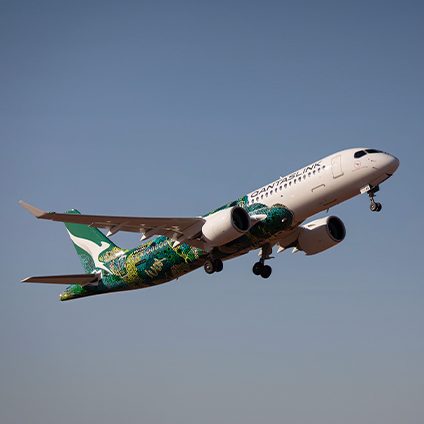
The use of SAF is central to achieving our interim targets and net zero by 2050 goal. Our target is for 10 per cent SAF in our fuel mix by 2030.
We’re supporting efforts to accelerate the development of a SAF industry in Australia, including our $400 million Climate Fund and Corporate SAF program.
Learn more about SAF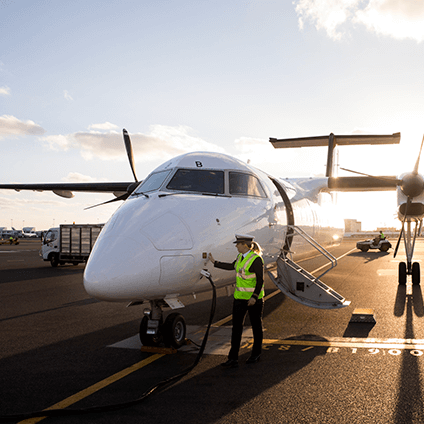
Aviation remains a hard-to-abate sector to decarbonise. Carbon market projects meeting our internal integrity and quality standards, will help meet our goals until direct emissions reduction technologies like SAF and more efficient fleets become more available.
Fly Carbon Neutral and Qantas Future Planet are our main carbon market programs and we meet our compliance obligations under the Australian Government Safeguard Mechanism and CORSIA.
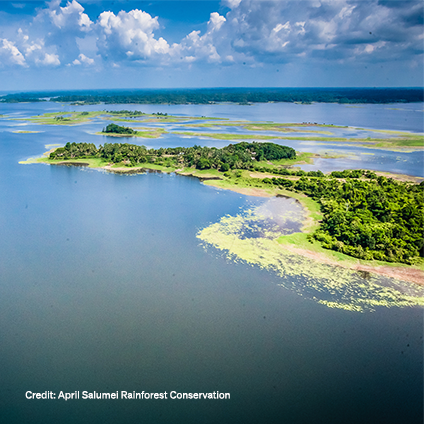
Our target is to have zero single-use plastics by 2027* and zero general onshore waste to landfill by 2030^.
We continue to work with partners to deliver initiatives aimed at reducing waste to landfill from our inflight and ground operations, as well as introducing innovative product and packaging alternatives which help remove single-use plastics.
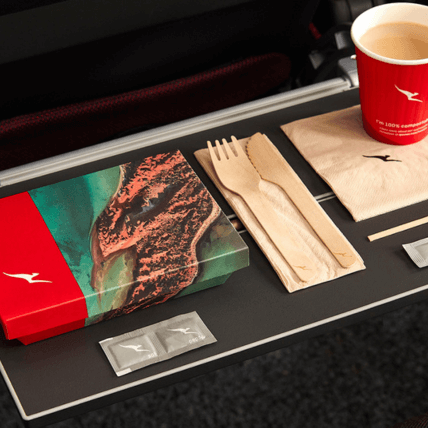
*This target excludes items required for medical or health and safety reasons. ^This target excludes quarantine waste, a highly regulated and specialised waste stream with limited waste diversion pathways. All waste associated with internal ports (inbound and outbound) is treated as quarantine waste.
Watch to find out more about our waste reduction efforts and how they will help us achieve our sustainability targets.

Qantas would like to acknowledge the Traditional Custodians of the local lands and waterways on which we live, work and fly. We pay our respects to Elders past and present.
At Qantas Group, we're committed to making our careers site accessible for everyone. We're partnering with SmartRecruiters to continuously improve accessibility, with enhanced accessibility expected to be ready by December 31, 2025.
© Qantas Airways Limited ABN 16 009 661 901

